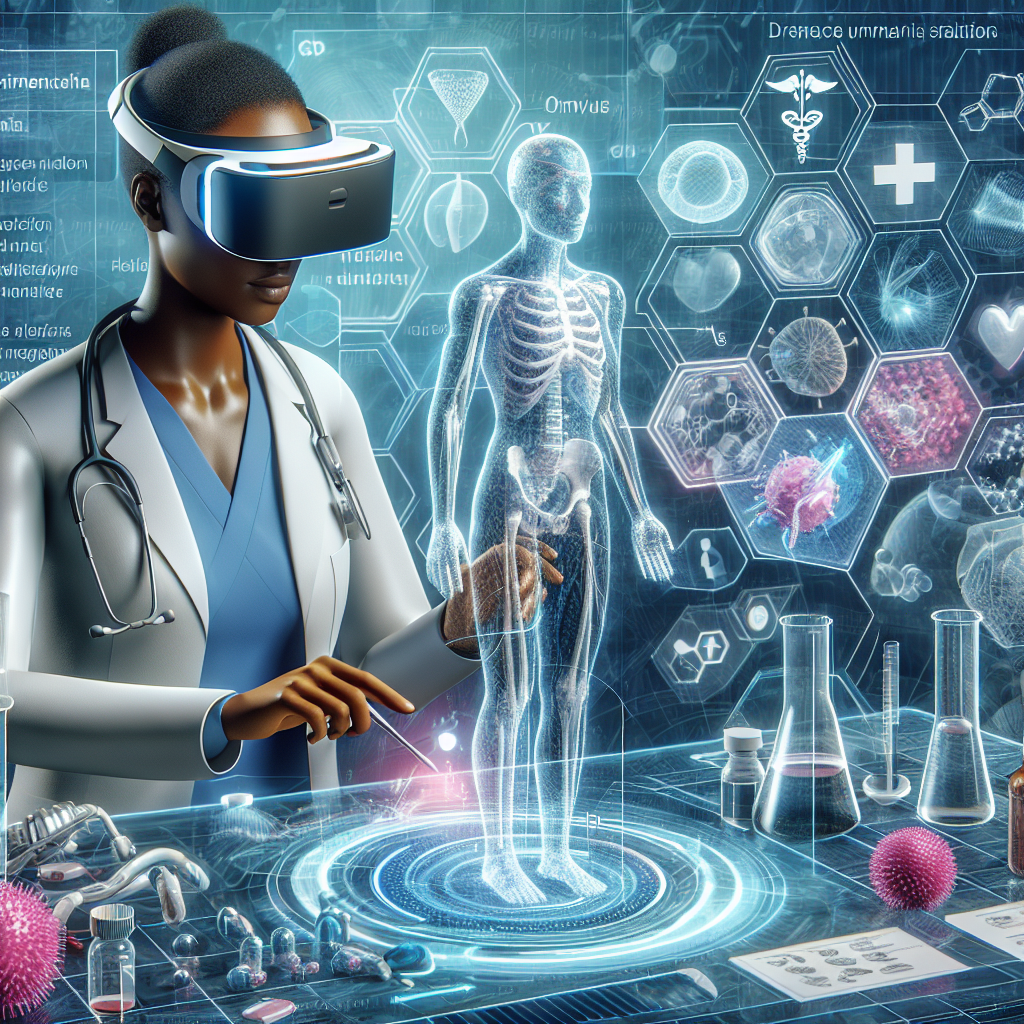Virtual Reality: The Next Frontier in Healthcare
Virtual reality (VR) technology has been making waves in a variety of industries, from gaming to education to entertainment. But one area where VR is truly revolutionizing the way things are done is in healthcare. The use of VR in healthcare is rapidly expanding, and it is being hailed as the next frontier in medical treatment and therapy.
One of the key benefits of VR in healthcare is its ability to create immersive and realistic environments that can be used for both training and treatment purposes. For medical students, VR can provide a hands-on, interactive learning experience that allows them to practice procedures and surgeries in a safe and controlled environment. This can help improve their skills and confidence before they ever set foot in a real operating room.
For patients, VR can be used as a form of therapy for a variety of conditions, including anxiety, PTSD, chronic pain, and phobias. By immersing patients in virtual environments that are designed to help them confront and overcome their fears or anxieties, VR therapy can be an effective and non-invasive way to treat these conditions. In fact, studies have shown that VR therapy can be just as effective as traditional forms of therapy, and in some cases, even more so.
Another key benefit of VR in healthcare is its ability to improve patient outcomes and satisfaction. By using VR technology to create personalized treatment plans and environments, healthcare providers can better engage and motivate patients to participate in their own care. This can lead to better adherence to treatment plans, improved recovery times, and overall better health outcomes.
In addition to its benefits for patients and medical professionals, VR technology is also being used to improve medical research and development. By creating virtual models of the human body, researchers can study diseases and conditions in ways that were never before possible. This can lead to new discoveries and breakthroughs in medical treatments and therapies.
Overall, the use of VR in healthcare is still in its early stages, but the potential for this technology to revolutionize the industry is immense. As more research is done and more applications are developed, we can expect to see VR playing an increasingly important role in the future of healthcare. From training medical professionals to treating patients to conducting research, VR is truly the next frontier in healthcare.


